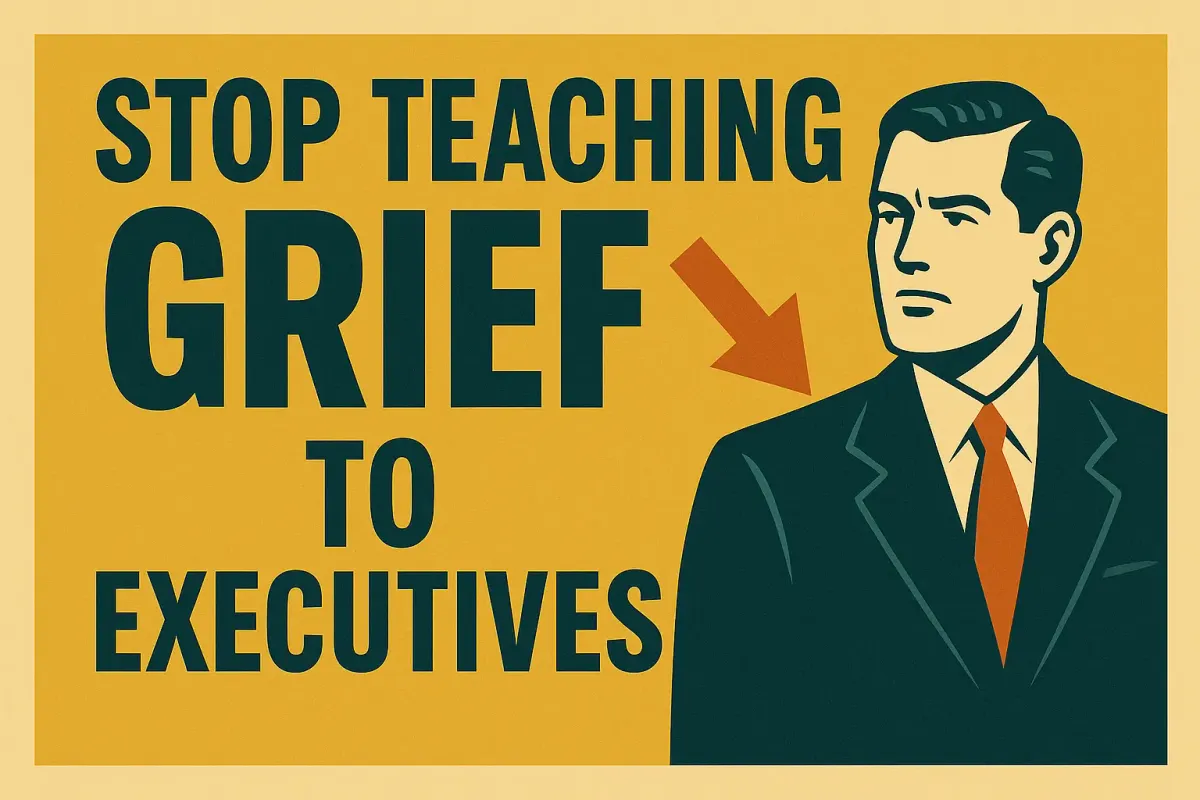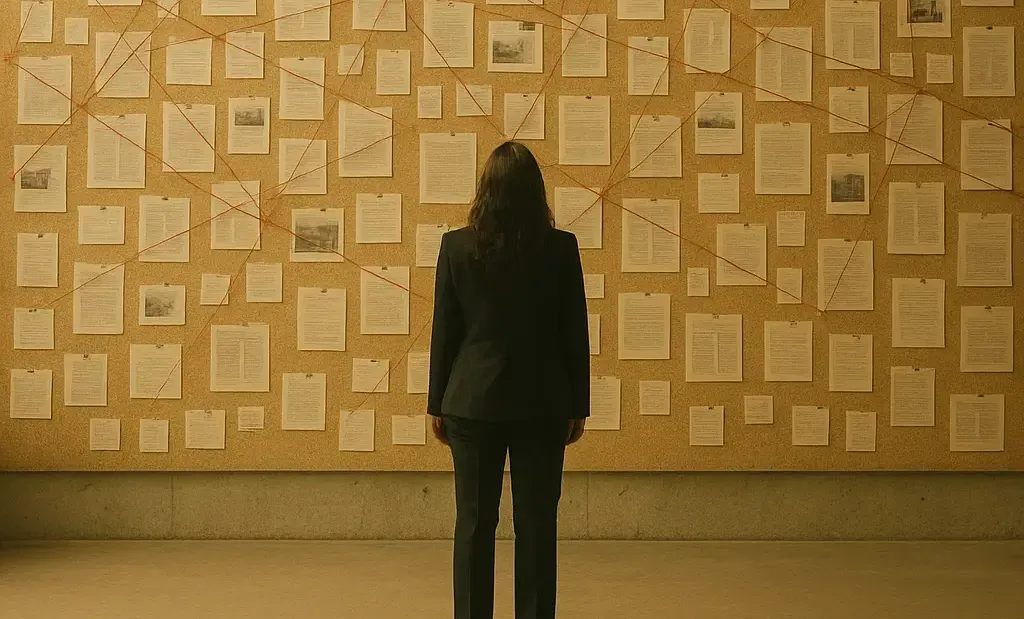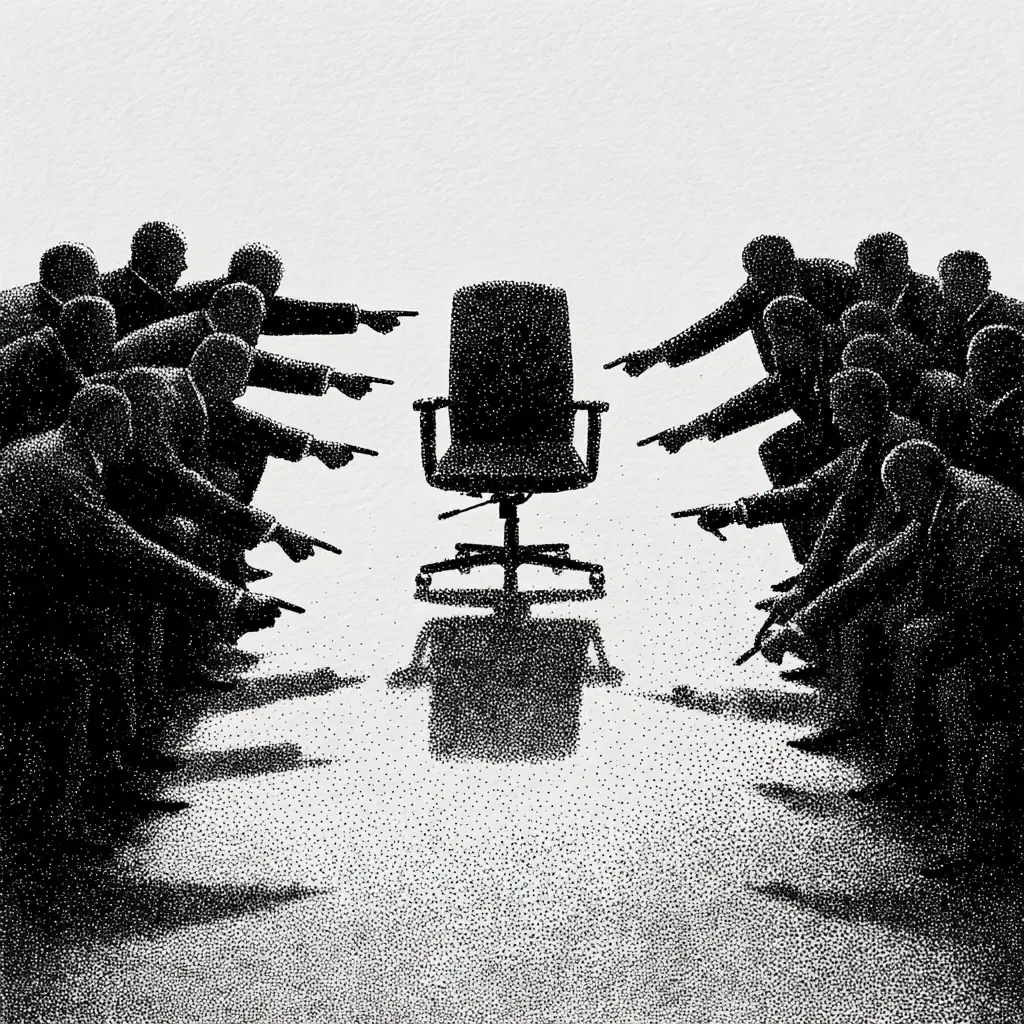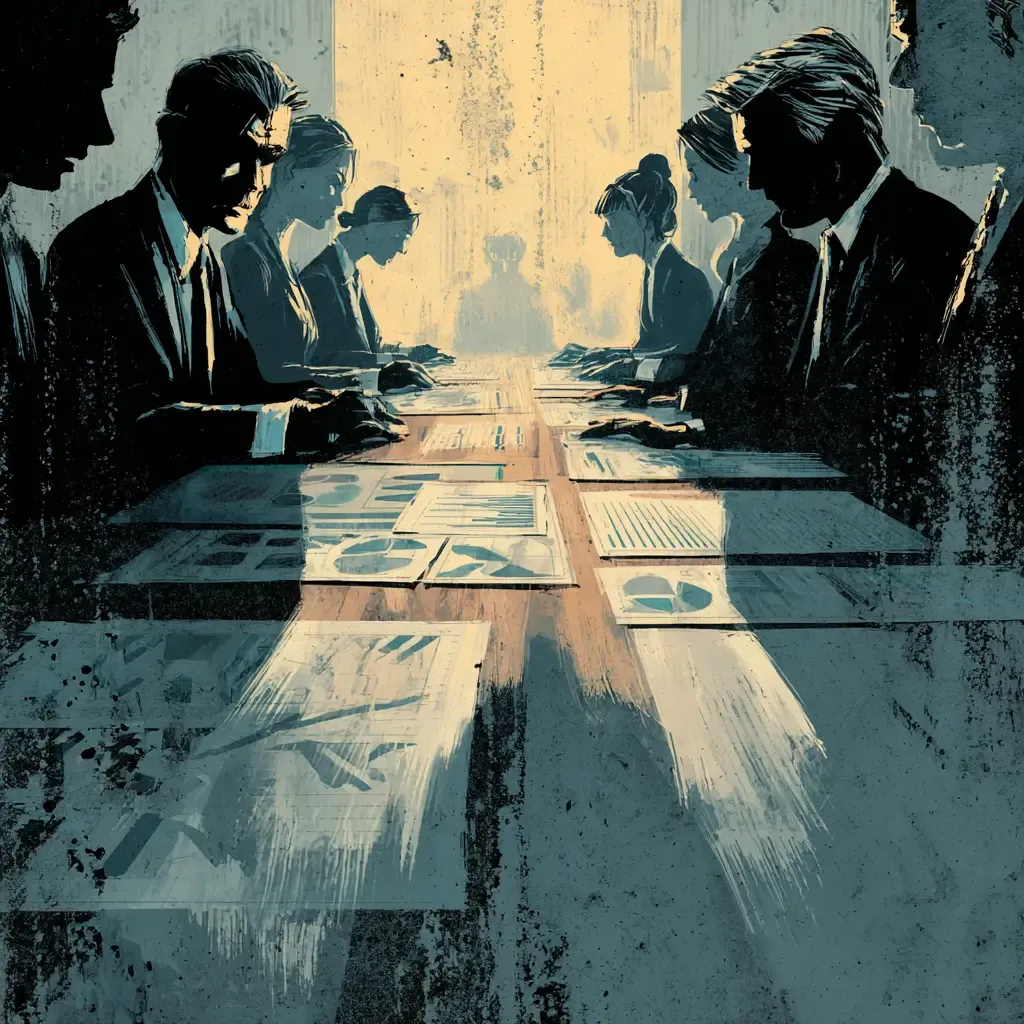We don’t like to say it out loud - but if you’ve spent any real time in change work, you know the truth: politics drives change more than frameworks ever will. Influence, access, credibility, and perception matter more than your toolkit. The sooner we name that, the sooner we can navigate it skillfully.
Organizational change isn’t just a matter of logic, planning, or best practices. It’s social. It’s positional. It’s political. If you want to succeed, you don’t just need a plan - you need a map of power, trust, and influence.
Power Gets the Work Done
Most change practitioners are taught to focus on process: stakeholder engagement, communications, training, reinforcement. But real impact usually hinges on things like:
- Who trusts you enough to share what’s actually going wrong?
- Who can greenlight access to the decision-makers?
- Who will advocate for your work when you’re not in the room?
- Who will quietly block it unless they feel respected?
These aren’t project tasks - they’re political dynamics. Ignoring them doesn’t make them go away. It just makes you vulnerable to them.
Influence Beats Insight
You can have the best slide deck in the world, and still lose the room. Why? Because someone else already shaped the narrative. Or someone quietly signaled that your recommendations could be ignored. Or the sponsor doesn’t feel like you’ve earned the right to be blunt.
Politics isn’t sabotage. It’s a system of signals - who is in, who is out, and who is allowed to speak plainly. If you want your insight to land, you need to work on influence first. That means:
- Building sponsor relationships early, not when things go sideways
- Understanding who has emotional authority, not just positional power
- Giving credit, sharing wins, and being seen as useful
- Listening more than talking when you're not sure where the current is flowing
The Soft Power of Credibility
You don’t need a title to play the political game well. In fact, some of the most effective change agents I’ve worked with had no official change role at all - just trust, consistency, and a radar for what matters.
Credibility isn’t built through certification. It’s built when people know:
- You won’t throw them under the bus
- You respect how things really get done around here
- You’re discreet, honest, and reliable
Soft power is earned. And once you have it, it travels. People bring you into conversations that matter. They check in with you before taking big steps. You become part of how change happens, even if you’re not holding the microphone.
Navigate It. Don’t Pretend It’s Not There
The politics of change aren’t dirty. They’re human. Organizations are made of people, and people operate in networks of trust, fear, status, and belonging. To ignore that is to ignore reality.
Instead, we need to get better at:
- Mapping informal influence networks
- Reading the room before presenting solutions
- Coaching sponsors on political dynamics, not just project plans
- Using our voice carefully - knowing when to speak up, and when to ask a better question
Change is political because people are political. And if we’re serious about impact, we need to get good at reading those currents.
Real Talk: Politics Isn’t a Dirty Word
When I was leading a large-scale change initiative, one of the best pieces of feedback I got wasn’t about a framework - it was this: "You read the room better than anyone here." That came after months of behind-the-scenes conversations, quiet listening, and learning who really pulled the strings. I wasn’t gaming the system - I was respecting it. The real power in change isn’t in the plan. It’s in knowing who can move it forward, and who needs to feel seen in the process. That’s not manipulation. That’s earned influence.
Final Thought: Learn to Swim in the Current
You don’t need to game the system to work with it. You just need to see it clearly. Power, politics, and influence aren’t the opposite of change - they’re the medium it moves through.
ChangeGuild: Power to the Practitioner™
Related Reading
If you enjoyed this article, you might also find these helpful:



Change doesn’t just follow logic — it follows influence.
We help change practitioners build the credibility, access, and soft power they need to drive real outcomes. Whether you're navigating internal dynamics or working from the outside in, we'll help you read the room, build trust, and move the work forward.
Book a discovery call to sharpen your political fluency as a practitioner.










